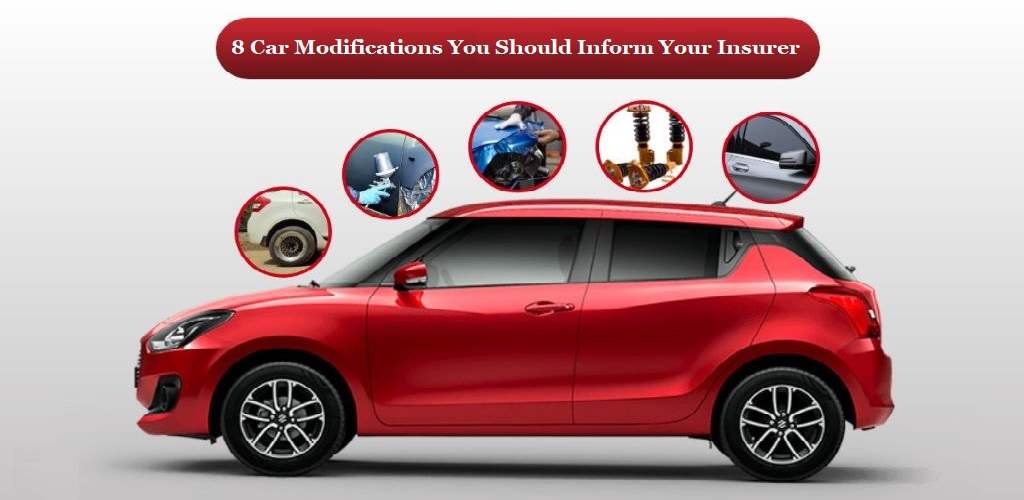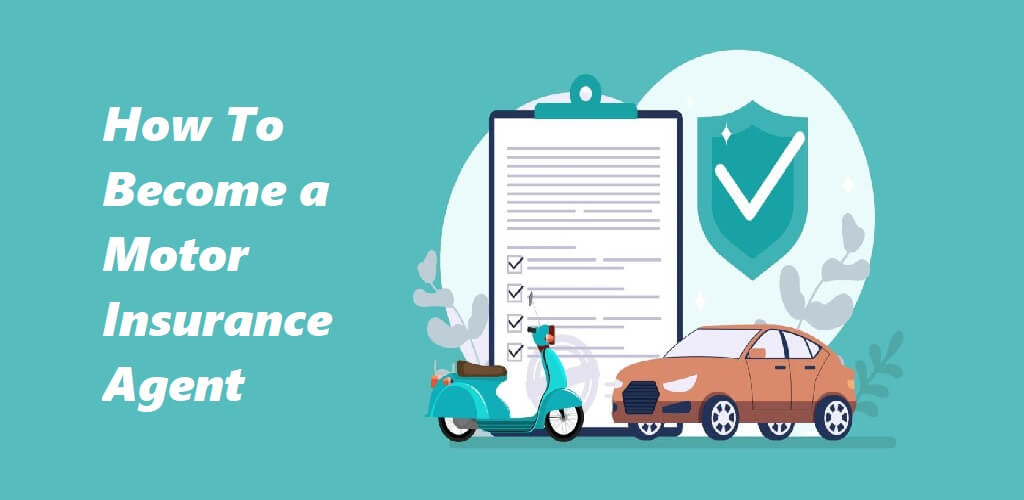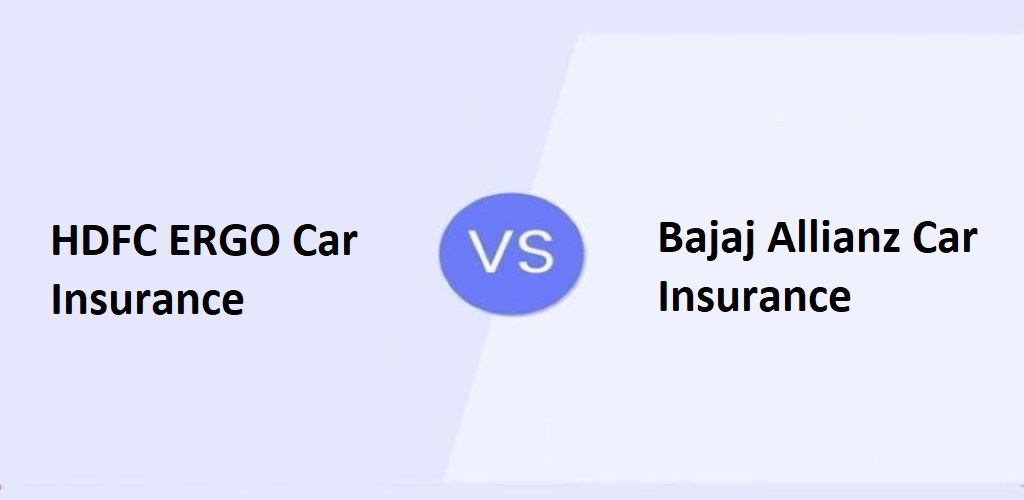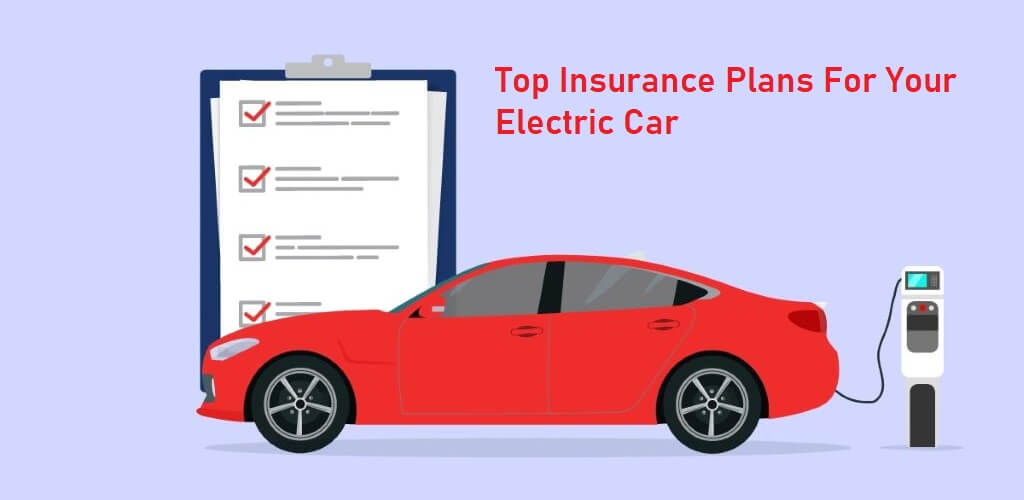There is no doubt in saying that having car insurance is mandatory for a car owner. Unfortunately, there may arise a case when you find yourself dissatisfied with your current car insurance provider. In such a case, you can easily switch to another car insurance provider, which is offering a fairer deal than your previous one.
This post will cover when to switch your car insurance provider and highlight the benefits and disadvantages of a new insurer.
When To Switch Your Car Insurer?
It is advisable for you to look for better car insurance deals every two years. However, when you hit the following life circumstances, you can also consider changing your car insurance provider.
- Increase In Premium Amounts: You might pay a higher premium rate when your car insurance contract is up for renewal. You should be aware, though, that there are a lot of options available in the market. In reality, you may purchase the exact same coverage at varied pricing from a number of insurance carriers. It’s also possible that you’ll locate coverage from a different insurer for which you’ll have to shell out a lot less money than you do right now.
- Insufficient Add-On Coverage: Companies that provide car insurance offer add-on coverage to expand the scope of a basic comprehensive plan. You might be able to discover the ideal level of coverage for your car with add-on covers if you are particularly vulnerable to certain dangers. However, if you think that your car insurance policy is not providing you with adequate add-on covers, you can think of switching to an insurance provider that provides a more comprehensive add-on coverage.
- Change In Residence Or Employment: In case you have changed your workplace and wish to move closer to it, you will be able to get better deals on your car insurance policy. This is because your car’s daily consumption will decrease, making it safer from the viewpoint of your car insurance company.
- Insufficient Cashless Garages: One of the most attractive features of car insurance is cashless claim settlement. You might look into other possibilities on the market if your current insurance provider does not provide you with a wide network of cashless garages to pick from.
- Problems With Customer Service: You could think about switching insurance providers if the customer service from your car insurance company is not up to the mark. These things must be monitored since they reveal the organization’s approach to work ethics.
- At A Certain Age: A driver qualifies for lower car insurance rates once he or she reaches certain age milestones. For instance, insurance providers view drivers over the age of 25 as less risky than those who are younger. Therefore, if you have reached a certain age and you are finding better premium rates than your current insurance provider, you should go for the better options.
When Should You Intimate Your Current Insurance Provider?
You should notify your existing insurer as soon as possible if you intend to change your insurance provider. It will be acceptable to give a 30-day cancellation notice as early notification of the transition will give your insurer enough time to regain your business.
Your existing insurer can give you a better deal on your car insurance renewal price if you have been a responsible driver with a clean driving record. At this stage, it’s possible that you were unaware of your eligibility for some of the savings the company offers you. You may want to rethink switching insurers if your current provider can match the best offer.
Pros Of Changing Your Car Insurer
Below are some of the key advantages of changing your car insurance company:
- Affordable Price: You may find the best car insurance policy at a reduced cost by comparing policies. If you choose the new insurer wisely, it can turn out to be inexpensive.
- Improved Services: A reputable car insurance provider will offer prompt and high-quality services. If the insurance provider is committed to providing improved services, you might need to follow up less.
- Enhanced Protection: In the event of an unpleasant circumstance, your new car insurance provider serves as a useful financial safety net. In return for the premium you are paying, your new insurance provider will offer thorough protection and fast services in comparison to your previous provider.
- Improved Value-Added Services: A customer-focused car insurance provider offers practical value-added services like lodging in the event of a breakdown, quick repairs, immediate claim settlement, etc.
- Professional Customer Support: A reputable insurer will have knowledgeable and helpful customer service personnel that can assist you in finding the best solution to your problem. You might find this type of support absent in your previous insurance company.
Cons Of Changing Your Car Insurer
Just like every coin has two sides, switching your car insurer also has some cons. Here are some of the downsides of changing your car insurer:
- Understanding the new process of the new insurance may take some time. As a result, you may find it difficult to understand the interactions between you, the client, and the insurance.
- You could not have a hassle-free insurance experience if thorough research is not done on the new insurer before switching.
- When you change your insurance company, you won’t be able to take advantage of some loyalty discounts.
- You may not be eligible for bundling discounts if you have other insurance plans with your current insurer.
- It could take some time before you and your new insurance company develop a solid rapport.
Things To Consider While Switching Your Car Insurance Company
- Invest In Research: You must put some effort into your study if you want to find the greatest car insurance plan. You must be aware of your precise needs. What you need or want from your car insurance coverage should be reflected in the price, features, and services.
- Ask For NCB Transfer Certificate: Request an NCB Transfer Certificate from your existing car insurance provider when you change insurers. You will then be able to benefit from the NCB under the new insurer’s car insurance policy.
- Cancel Your Current Policy: You shouldn’t just purchase a new policy when you switch to your new insurance provider. First, cancel the one you now have in place and you might even be eligible for reimbursement for the remaining time.
- Know What Was Wrong With The Previous One: Find the main cause of what went wrong with the previous insurer to prevent the trouble of switching them repeatedly. You can choose a better insurer if you are aware of the causes. If you have previously experienced poor customer service, for instance, you can choose insurance with positive customer service reviews.
- Verify The Insurer’s Claim Settlement Ratio: In the insurance industry, a claim settlement ratio is the proportion of claims that an insurer has successfully resolved during a specific time period. So pick an insurer with a higher claim settlement ratio than your previous one.
Final Thoughts
As several insurance providers are providing you with considerable coverage at affordable rates, it makes sense to look into alternative options for car insurance policies. You can safely switch to a new insurer and benefit from improved policy pricing and coverage as long as your driving record is spotless, you have given the insurer enough notice, and you have avoided an interruption in insurance. Always remember to avoid keeping your car uninsured while looking for a suitable plan as doing so could result in you having to pay hefty fines to the traffic police.








